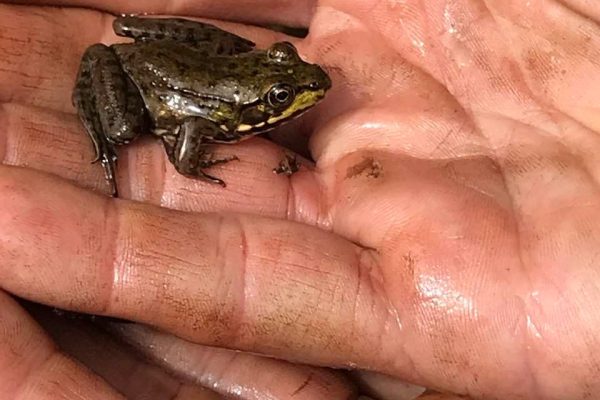Happy Pesach! This year, Hinenu offers up these rituals, readings, and songs to supplement your Passover seder. The supplement features three takes on handwashing, visual artwork, and Pesach music sung by our members. It was created by Hinenu’s Mobilization and Justice, Arts and Culture, and Ritual committees.
It’s available in several different formats available for download here,
Below, words of welcome from Hinenu member Mark Gunnery:
Why is this Pesach different from all other Pesachs?
We all know why.
This Pesach, we aren’t having seders in the ways we have before, or the ways our ancestors have for generations.
This Pesach, we are turning inwards, as the daffodils are blooming and we want so much to be outside
This Pesach, we are lonely. We are scared. We long for touch, for safety, for calm.
This Pesach, we couldn’t find matzah at the store, let alone toilet paper.
This Pesach, we aren’t sure if we’re doing it right.
But this Pesach we’re also reshaping old traditions to fit new realities.
This Pesach, we’re finding ways to draw each other closer even if we are physically apart. We’re laughing and flailing our way through learning new technologies to help us connect from a distance. We’re making holy space in cyber space.
This Pesach, we’re checking on our loved ones. We’re forming new networks and minyanim to build mutual aid in our communities and beyond. We’re acting in solidarity with people in our world who are affected by this disease, and sharpening our resolve to fight human-made modern-day plagues of oppression.
And this Pesach, we feel a visceral connection to our ancestors who gathered for seders, holidays, and life cycle ceremonies in previous moments of crisis and uncertainty.
This Pesach, Hinenu offers you this haggadah supplement. It features three takes on handwashing (a blessing, a ritual, and a poem), art, and Pesach music sung by our members. Thank you to all who contributed to it, both from within Hinenu and from our wider communities.
Next year in freedom. Next year together. This year together.
_______
About us:
Hinenu: The Baltimore Justice Shtiebel is a community rooted in joy, pursuit of justice, and radical kinship. We offer a home for people of all backgrounds seeking Jewish life to land, feel safe, and be welcomed. We are a spiritual community that celebrates Diaspora Judaism through ritual, learning, song, and prayer. We are a Baltimore community committed to pursuing justice and to acting in fierce solidarity with our neighbors. We share and mark life cycle events, celebrating joyous occasions and supporting each other through healing and hard times. We hold space for diverse practices and navigate them together, reveling in the multitude of voices that comprise us. We strive to become for one another a mishpacha, one that rejoices in queer and trans identities, welcomes converts, celebrates interfaith families, and honors Jews of color. We assert that our political and Jewish selves need not be in conflict with one another, and fearlessly declare our intention to live our Jewish values in the public sphere for the benefit our city. Hinenu: Here we are!










